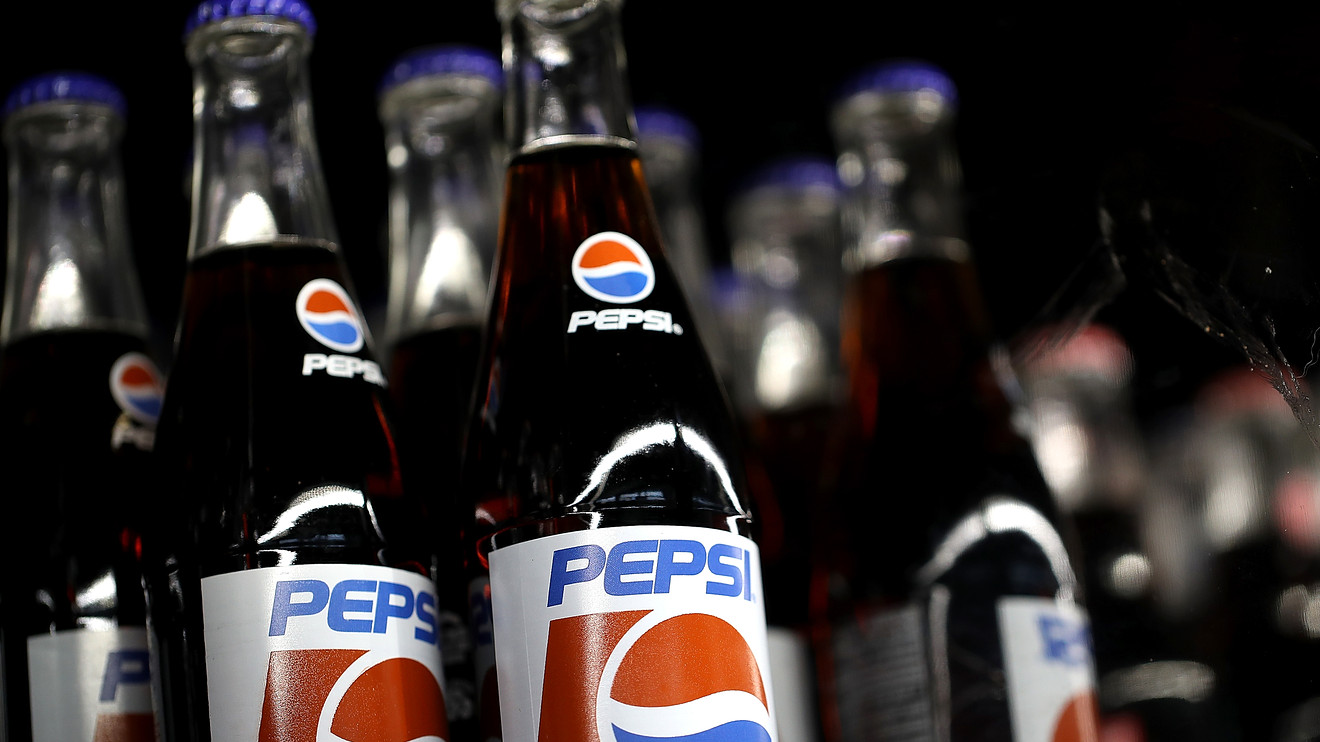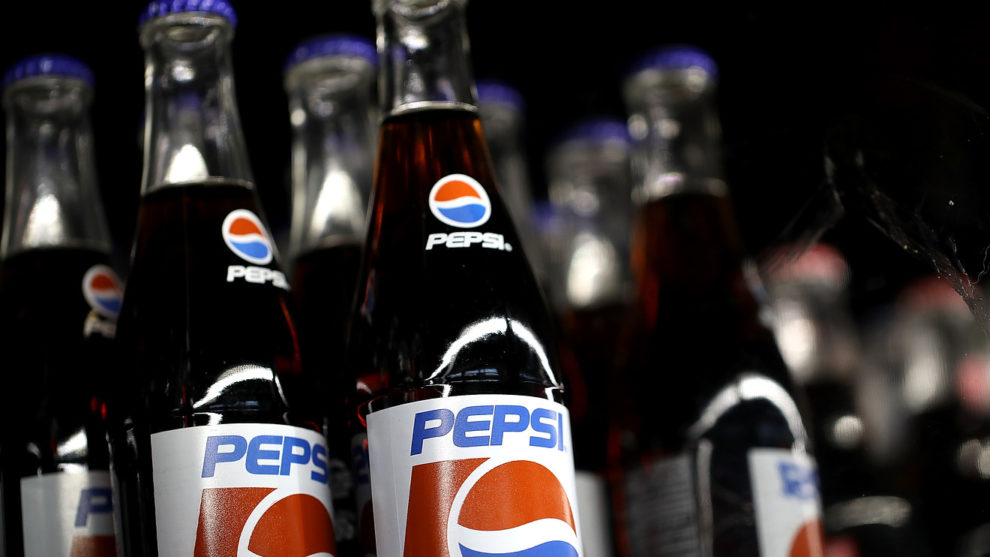
PepsiCo Inc. has priced its first-ever green bond, designating the proceeds from the $1 billion offering to help cut virgin-plastic use and replenish the water it consumes in making sodas and snacks.
With the announcement, the company PEP, -0.80% said it has named executive Simon Lowden as its first chief sustainability officer, follow-up action to its September release of a sustainability pact.
“I am proud PepsiCo has issued its first green bond to address global challenges like carbon emissions, access to clean water, and plastic waste, and that the company continues to be a leader in tackling critical sustainability issues,” said Lowden.
The offering adds to PepsiCo’s roughly $34 billion in outstanding debt.
“Our understanding is that there is little financial incentive from an issuance perspective to issue a green bond as opposed to all-else-equal non-green bond, and Pepsi’s [investor relations department] told us that they were not aware of any financial advantages to issuing a green bond,” said James Dunn, senior analyst for U.S. consumer goods at corporate bond analysis firm CreditSights.
“However, as more companies look to improve their sustainability efforts, which Pepsi certainly is trying to do, and as more beverage companies come under pressure to reduce plastic usage, actions like issuing a green bond to finance green projects will provide a good narrative from a PR perspective, and it shows that Pepsi is being proactive,” Dunn told MarketWatch.
The 30-year green bonds will yield about 92 basis points over a Treasury bond, at the lower end of pre-pricing estimates, a person familiar with the deal told Bloomberg. One basis point is equal to one one-hundredth of one percentage point.
From a credit perspective, though, there’s little difference with the green bond than if the company had issued a non-green senior unsecured note.
“The bonds issued yesterday are pari passu with all other unsecured and unsubordinated debt of PepsiCo and based on credit risk and recovery analysis we would expect them to trade in line with the PepsiCo Inc senior unsecured debt, as demonstrated by yesterday’s final pricing,” Dunn said.
Bond proceeds, the company says, will help PepsiCo hit a new target to reduce 35% of virgin plastic content across its beverage portfolio by 2025. The money raised will help reach this target by funding projects that purchase compostable, biodegradable and/or recyclable material for use in product packaging, and by investing in the development of packaging that includes bio-based polyethylene terephthalate, or PET, bottles that can be recycled as other products, such as carpets, and compostable and biodegradable snacks flex films instead of hard packaging.
Read: Metals billionaire Andrew Forrest is making a $300 million bet on the next big commodity — plastic
Bond proceeds are also intended to push Pepsi toward reducing greenhouse gas emissions across its value chain by 20% by 2030, from a 2015 baseline. By 2025, in high water-risk areas PepsiCo aims to replenish 100% of the water it consumes in its manufacturing operations and improve its operational water-use efficiency.
Pepsi’s plastic moves were slow to come about, according to some sustainability advocates. As You Sow, which works on behalf of investors, had called out PepsiCo for its failure to increase U.S. bottle and can recycling rates after eight years of the advocacy group’s lobbying for change.
Conrad MacKerron, a senior vice president with As You Sow, said in response to the Pepsi bond “$1 billion or even a significant fraction of that could make a big impact. It was encouraging to see the company list sustainable plastics and packaging as the first issue in terms of how the green bond funds may be used.”
But “as we pointed out in this recent critique, $10 million donated by the company to the Recycling Partnership last year to help improve recycling infrastructure is woefully inadequate. Billions of dollars of investment are needed. In addition we also noted that several recycling experts stated that the U.S. bottle/can recycling rate would need to double to provide enough raw materials to meet the company’s recently announced plans to increased recycled plastic content in its bottles,” he said. “It all depends on how much they allocate and where it goes, but $500 million up to $1 billion of fresh capital could really start to make a significant impact to help increase recycling rates.”
Pepsi is a signatory, along with consumer-products giant Unilever, which announced a major plastics initiative Monday, in an industry initiative called Loop, which looks primarily at ways to reduce packaging.
Green bond issuance has gained in the last decade, with new issuance this year alone expected to reach about $250 billion globally — a more than 20% increase from a year ago. That includes a $1.4 billion two-part offering from Netherlands-based TenneT Holding and the equivalent of a $2.2 billion three-part bond offering from China’s Industrial and Commercial Bank of China.
“That Pepsi is such a large, high-quality, and frequent issuer means that a lot of institutional investors invest in its bonds… so, we do think it helps lift the profile of green bonds overall. Investors certainly want to know more about what it means to issue a green bond, and what, if any, advantages there are to the issuer and what other motivations might exist,” said CreditSight’s Dunn.
Pepsi shares were lower in Tuesday trading. They’re up 24% in the year to date. The Dow Jones Industrial Average DJIA, -1.19% is up 12% in the same span.












